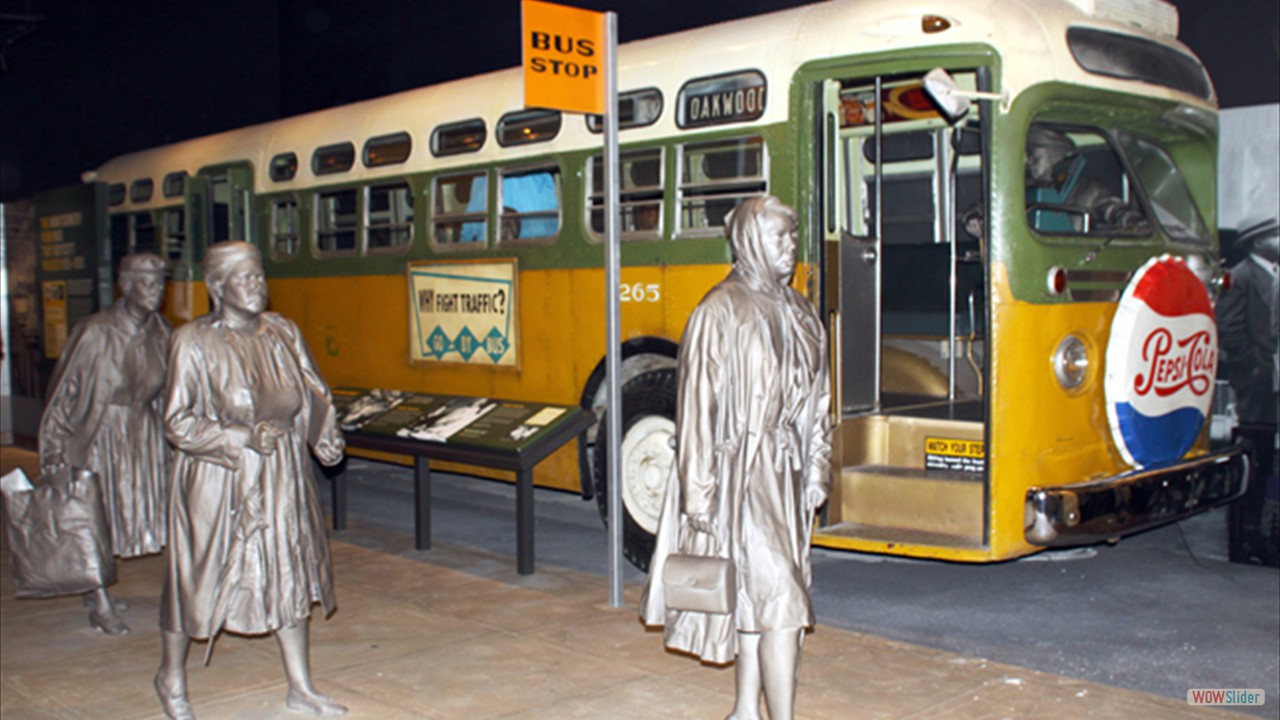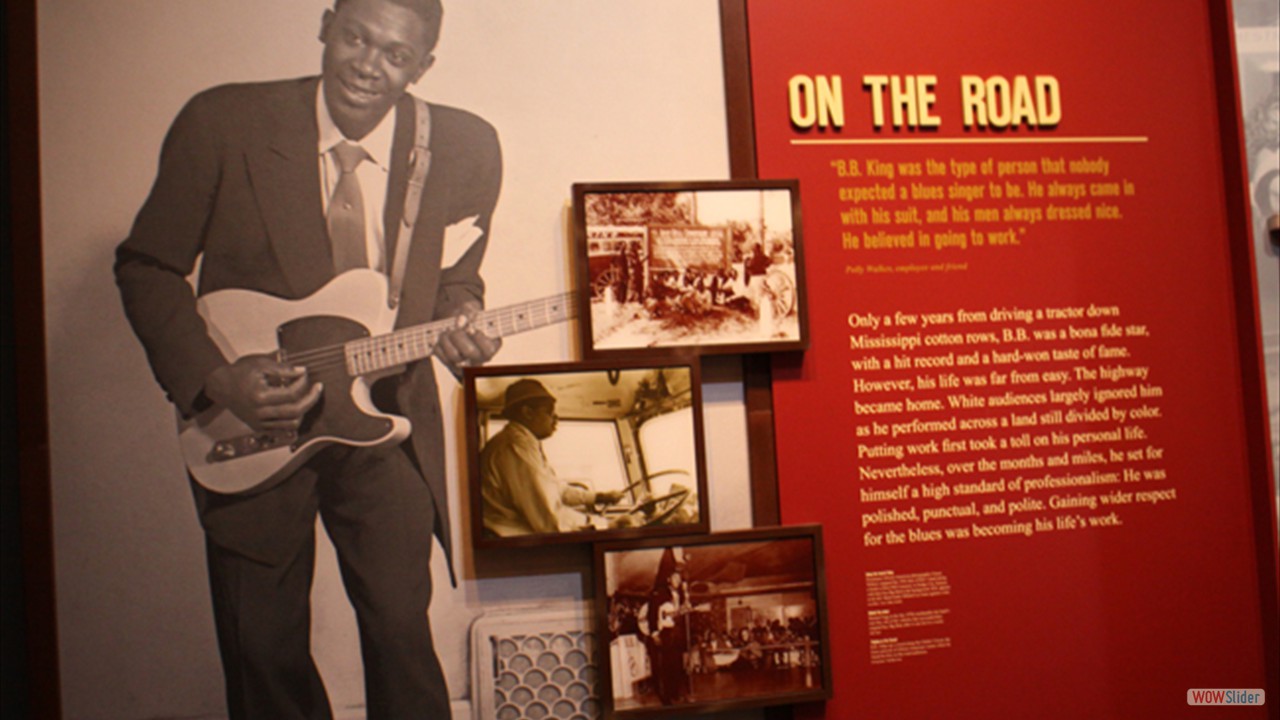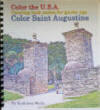Telling True History
Due to Florida's restrictive laws banning the teaching of much of real history, I am starting this section to tell stories about places to visit to learn of racial injustice and minority and LBGTQ people who have contibuted to our history. If you have a travel story you would like to tell that fits, contact me.
Experience Kitsap
Peninsula, Washington
Kathleen Walls
Published 10-14-2022
Kitsap Peninsula is just minutes away from Seattle, but it’s another world. A place of diversity, both physically and culturally. It’s home to Native American Tribes, has one town with a Viking heritage, and is a diners and watersports lover’s heaven, with a lot of history.
Auburn, New York: The Spirit of Tubman
Renée S. Gordon
Published 5-18-2022
Published 5-18-2022
enslaved.
Buffalo Soldiers
In the Heart of America
Renée S. Gordon
Published 4-10-2022
Published 4-10-2022
Cape Henry Lighthouse's Unique Keeper
Kathleen Walls
Published 3-8-2022
Cape Henry Lighthouse, the 4th oldest lighthouse in the United
States, was authorized by President George Washington in 1792.
In 1881, the government constructed a second lighthouse 350
feet from the first. The lighthouses are a fun place to visit
but there is something more in their story. Lighthouses are
beacons of hope, and Cape Henry Lighthouse offers a story of
one man's hopes. From May 10 to July 26, 1870. Willis Augustus
Hodges served as the first African American lighthouse keeper
at the Cape Henry Lighthouse.
Published 3-8-2022
Three Stops on the Trail of Tears
Kathleen Walls
Published 10-2021 in World Footprints
The rich culture and heritage of the Cherokee people and the story of their forced removal from their homeland is sometimes lost amid undifferentiated accounts of indigenous people in the United States. Three stops along the Georgia section of the Trail of Tears, a National Park Service site that documents the Cherokee journey, will dispel any ignorance about their distinctive history.
The Black Dispatch:Spying While Black Part 1
Renee S Gordon
Published 2-2020
We can all acknowledge the fact that blacks have played a significant role in United States history, from the Spanish explorers, Estevanico, Pedro Nino and Juan Garrido, to advancements by Dr. Patricia E. Bath and Dr. Thomas Mensah. We tend to exalt those whose actions were overt, seemingly larger than life but what about those who operated in the shadows and attained quiet victories. What about those who literally turned the tide of events.
The Black Dispatch: Spying While Black Part 2
Renee S Gordon
Published 2-2020
African Americans served as spies during the American Revolution with the belief that their service would prove the loyalty of the people, improve their condition and for the ever present promises of freedom. Largely the status of African Americans did not change as a result of their service and the government did not keep their promises. Blacks amazingly clung to those same beliefs during the Civil War and once again the Black Dispatch set to work gathering information. Again they used their marginalized status and their perceived ignorance that would be their greatest assets.
The Rise and Fall of Goldsboro, Florida: An African American Town
Kathleen Walls
Published in World Footprints 4-2018
Many people know the story of the African American town Rosewood from the movie about the massacre, but how many of us have heard of Goldsboro, Florida, the second black incorporated city in the United States, which also thrived and was subsequently destroyed? Boasting famous residents, like the writer Zora Neal Hurston, the city’s history has been preserved through the creation of the Goldsboro Cultural Arts District, with a museum as it’s centerpiece.
Black History is Embedded in Saint Augustine
Kathleen Walls
Published 2-1-2021
When it comes to Black History Month, no place figures more in Black history than Saint Augustine.Walk through almost any section of the city and you will find reminders of its rich Black history. In 1606, 13 years before the first enslaved Africans were brought to the English colony of Jamestown in 1619 an event happened that was little noted but it was of great historical importance in Black history. The Cathedral Archives in St. Augustine
recorded the birth of the first African American child in the continental United States. This free child was the first spark in the fight for civil rights for African Americans.Georgia's Footsteps of MLK
Renee S. Gordon
Summer 2018
April 4, 2018 marked the 50th anniversary of the assassination of Dr. Martin Luther King, Jr. in Memphis, Tennessee. The single shot did not erase the legacy of the dreamer or the end of the dream. Although he traveled worldwide Georgia was his home and Georgia has embraced him as its most honored native son. Visitors can trace his physical life from birth to burial, his philosophical and ideological stances through public speaking events and his evolving civil rights strategies through open and clandestine planning locations. Best of all, Georgia's "Footsteps of MLK" tour includes sites where we catch glimpses of King the man, the husband and the father.
It's More Than a Building: Cherry St. AME Church
Kathleen Walls
Spring 2016
The story behind the Cherry Street African Methodist Episcopal Church in Dothan, Alabama plays out like a classic drama of good versus evil; might versus right. Today it's a classic red brick church; the oldest in Dothan and recognized as the "Mother Church of the A.M.E. Denomination in Alabama."
Amelia Island:Like No Place Else on Earth
Kathleen Walls
Published 2-1-2022
It's no wonder Amelia Island is such an interesting place to visit. The blend of cultures that have created this special place differs from any other place on earth. It lived under eight flags. It was special to people from pre-Columbian Timucuans to pirates and con men, as well as hardworking settlers from many countries. Today, it's a wonderful vacation spot with fewer crowds than the better-known Florida beach towns. Here are just some of the best things to do on Amelia Island.
Jackson, Mississippi Civil Rights Trail, Relentless Tenacity
Renée S. Gordon
The first recorded European explorer to reach Mississippi was De Soto in 1540. At the time Native Americans had been living there for 12,000-years and three indigenous tribes had the largest presence, the Chickasaw, Choctaw and Natchez. It was Indians who gave the river and the state its name as the “Father of Waters”, “Misi-ziibi". The native inhabitants were displaced through unfair treaties and oppression and in 1719 the French introduced a significant number of slaves into the area.
Hattiesburg, Mississippi Civil Rights Trail, Relentless Tenacity
Renée S. Gordon
The U.S. Civil Rights Trail runs through 15 states and the District of Columbia and seeks to interpret the fight for Civil Rights through exploring the cities and sites along the route. Each destination is a testament to the fortitude, resolve and unwavering commitment of those, both black and white, who engaged in the struggle. Guides and maps are available throughout the trail aid in traveler's site selections and understanding of each site's place in the history of the movement.
Frederick County Maryland
Renée S. Gordon
Frederick County Maryland was the site of pivotal events during the founding of the country from its formation in 1748 but it is the Civil War, and allied events, that would indelibly inscribe its place in history. The county is situated on the Mason-Dixon Line, abuts Pennsylvania, and was both an early gateway to the West and later for southern incursions into the North. The Historic National Road, the C&O Canal and the B&O Railroad all passed through and it was the location of Union and Confederate troop movements and Antietam, the Battle of South Mountain, Gettysburg and the Battle of Monocacy.
Frederick Douglass in Maryland 2
Renée S. Gordon
Maryland's African American history officially dates from 1634. The colonies' initial black population probably came from Virginia but was quickly supplemented by sales directly from Africa, the first “documented” Africans arriving in 1642. More than most states Maryland's stance on slavery was shaped by political events. In 1639 all slaves' were stripped of legal rights and in 1664 the Maryland Assembly deemed the enslaved slaves for life.
Christiana, PA: Taking a Stand for Freedom
Renée S. Gordon
An excellent way to gauge the political climate is to examine the laws that are deemed necessary and enacted and the response of the population. In the inexorable march to the Civil War the most impactful law was the 1850 Fugitive Slave Act, strengthening the lax enforcement of the 1793 Fugitive Slave Act. The 1850 law, enacted as part of the 1850 Compromise, was created to facilitate the recapture of those identified as southern slaves. Southerners felt that Northern sentiment was not in their favor and abolitionism was on the rise
Delving into Durham, NC (part two)
Renée S. Gordon
The use of slave labor in NC was, from the outset, a money making proposition. In 1663 eight Lord Proprietors were granted a charter from King Charles II. The Concessions of 1665”, in which 50 additional acres were assigned to settlers based on the number of enslaved 14 years and older each brought into the colony. The 1669 Colonial Carolina Fundamental Constitution legalized slavery.
Wilmington's Harriett Tubman Underground Railroad Byway
Renée S. Gordon
On Monday, September 17, 1849 Araminta “Minty” Ross set out from Poplar Neck Plantation, on Maryland's Eastern Shore, to freedom in the North. Prior to her escape she changed her name to Harriet, after her mother, and took her husband's last name.
From Slavery to Freedom: Pittsburgh's Contribution
Kathleen Walls
Published 11-29-2018
Pittsburgh has so much history related to the Underground Railroad. Senator John Heinz History Center has an exhibit, From Slavery to Freedom, that tells the story.
Knocking Down Walls in Fayetteville
Kathleen Walls
Fayetteville has a rich African American history. Fayetteville had documented the drama of post Civil War race relations well. Much revolves around the many churches; the first African American school plays a big part. However, every drama needs a hero and Charles Waddell Chesnutt fills the bill as one of the heroes of this one.
Public Disclosure--
Please Read
As an Amazon Associate, I earn from qualifying purchases.
The FTC has a law requiring web sites to
let their readers know if any of the stories are
"sponsored" or compensated. We also are to let readers know if any of
our links are ads. Most are not. They are just a way to
direct you to more information about the article
where the link is placed. We have several ads on
our pages. They are clearly marked as ads. I think readers are smart
enough to know an ad when they see one but to obey the
letter of the law, I am putting this statement here to
make sure everyone understands. American Roads and
Global Highways may contain affiliate links or ads. Further, as
their bios show, most of the feature writers are
professional travel writers. As such we are frequently
invited on press trips, also called fam trips. On these
trips most of our lodging, dining, admissions fees and
often plane fare are covered by the city or firm hosting
the trip. It is an opportunity to visit places we might
not otherwise be able to visit. However, no one tells us
what to write about those places. All opinions are 100%
those of the author of that feature column. .




 1
1 2
2 3
3 4
4.jpg) American
Music:
American
Music: 













